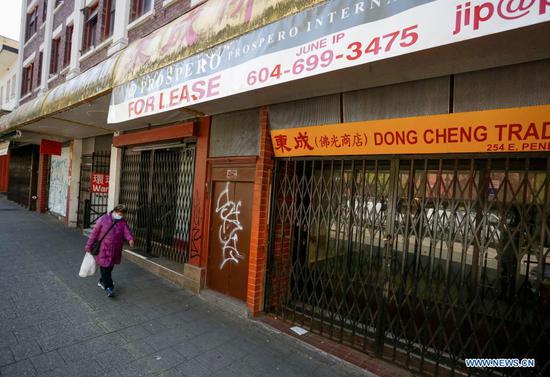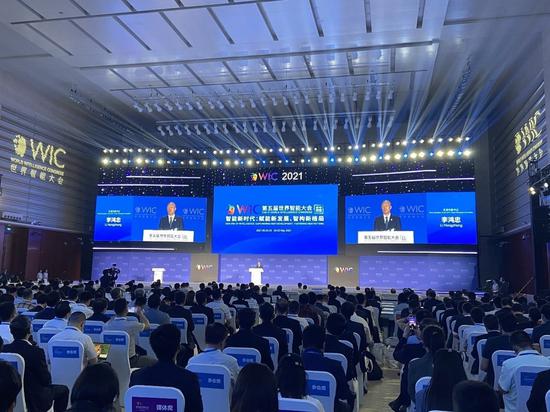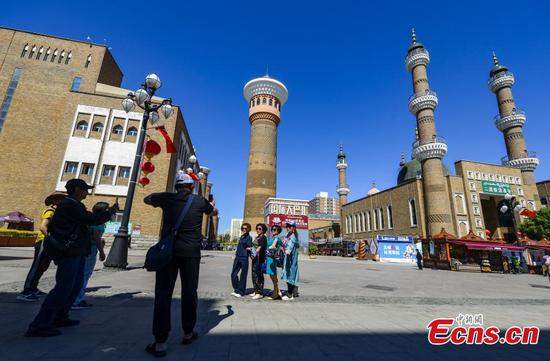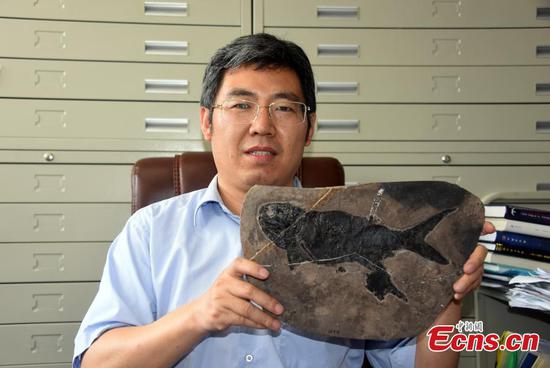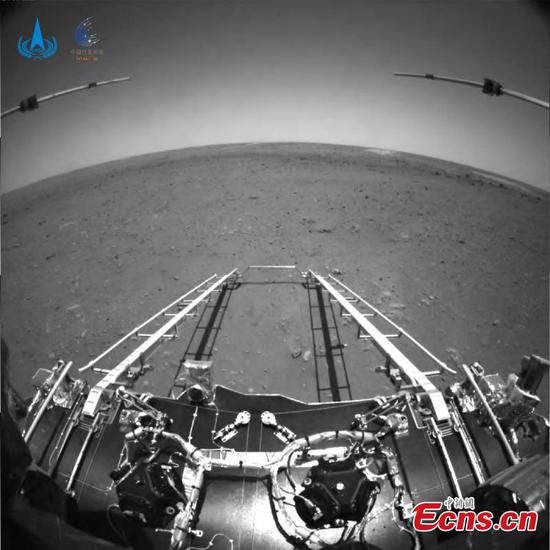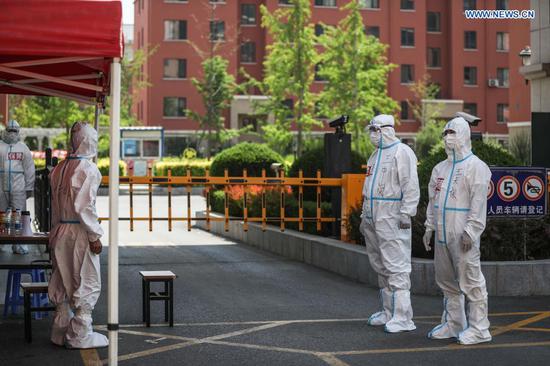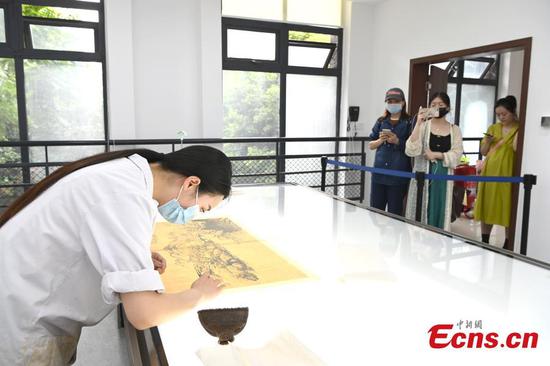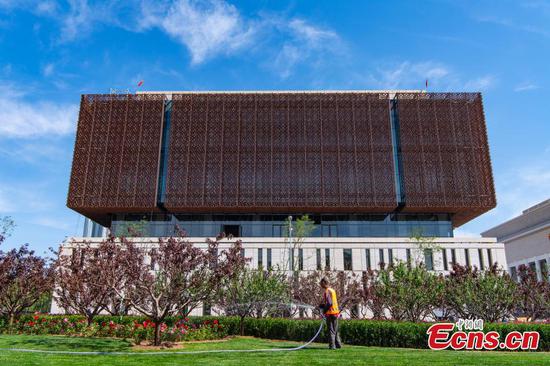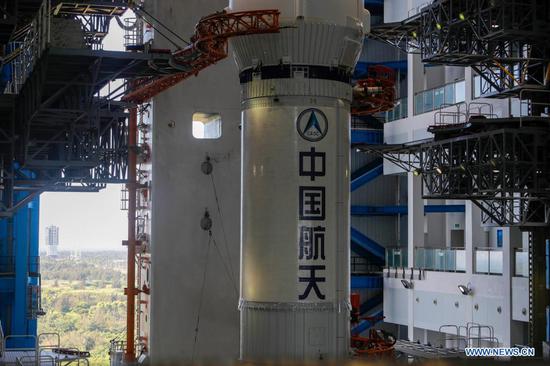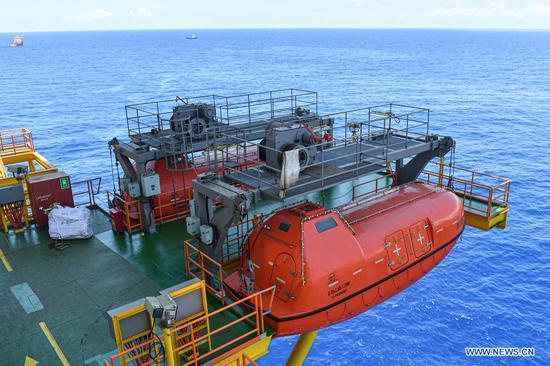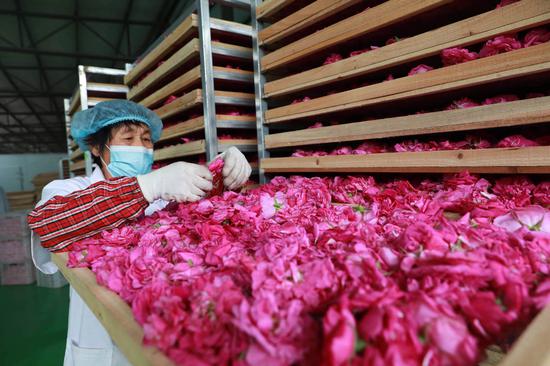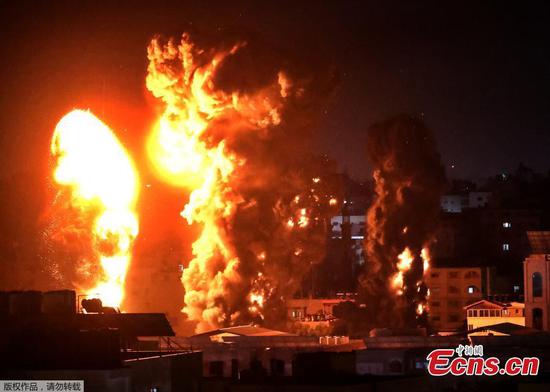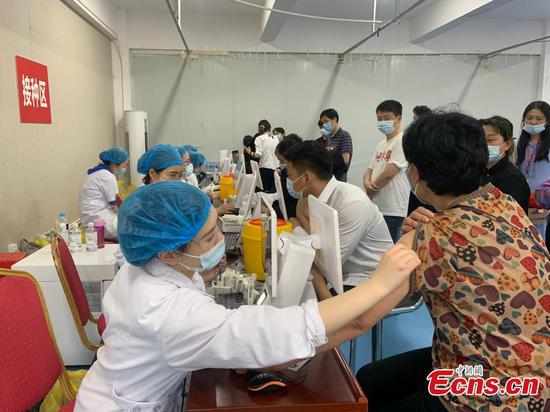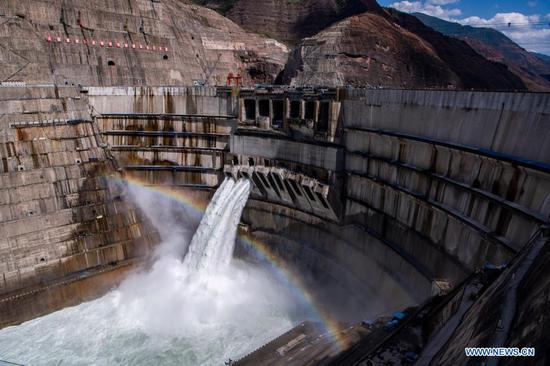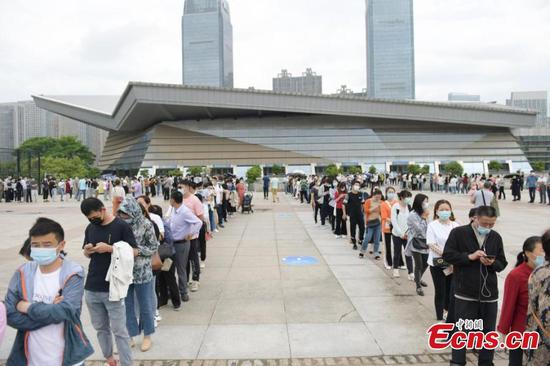Hong Kong's chief investment promotion officer has expressed full faith in the city's future economic development, as the newly enacted National Security Law for Hong Kong and improvements to its electoral system bring stability to the city's business environment.
Hong Kong, being part of the growth engine of the Guangdong-Hong Kong-Macao Greater Bay Area while also enjoying good connections with member economies of the Association of Southeast Asian Nations, is still the "go-to" place for growth-driven global companies, Stephen Phillips, director-general of investment promotion at InvestHK, said in an exclusive interview with China Daily.
The mission of InvestHK-the government department responsible for foreign direct investment-is to promote and strengthen Hong Kong's position as Asia's leading international business and financial center by attracting economically and strategically important overseas and Chinese mainland companies to invest in the special administrative region.
According to the latest InvestHK annual report, 317 overseas and mainland firms had set up or expanded their businesses in Hong Kong and created about 8,000 jobs in 2020. In addition, the city's GDP jumped 7.9 percent year-on-year in the first quarter of this year, while expanding 5.4 percent on a quarterly basis, according to revised figures released by the Hong Kong SAR government on May 14.
These figures directly challenge news reports and statements that claimed that political changes in Hong Kong have had a negative impact on the city's business climate, Phillips said.
"I've been in Hong Kong for many years. Thirty-two years, actually, on and off. And over that period, I've read so many headlines about the demise of Hong Kong. And 32 years later, I still don't see the demise of Hong Kong, nor do I foresee the demise of Hong Kong."
Anybody who went beyond these headlines and looked into the reality of Hong Kong would find that the city's national security provisions were probably no different from those in their home countries or places where they do business around the world, he said.
These misleading and biased statements against Hong Kong did not reduce investors' confidence in the city, he said. Hong Kong's reputation as one of the freest economies remained intact after the US Heritage Foundation in March excluded it from the 2021 Index of Economic Freedom, claiming that the city was "ultimately controlled by Beijing".
But the local and overseas business communities have observed the benefits of the National Security Law for Hong Kong, which set the stage for companies to return to growth, Phillips pointed out.
"We're seeing really strong interest from companies, both large ones and the ones on their early stage from all around the world," he said.
Obviously, the biggest challenges the companies are facing at the moment relate to the COVID-19 pandemic and travel restrictions around the world. But interest remains high, Phillips added.
He attributed the high level of interest among global investors in Hong Kong to several factors. First, after being battered by the pandemic and its economic fallout, companies are seeking opportunities for growth, which has naturally led them to Asia. Second, China is the fastest growing major economy in the world. The third factor is Hong Kong's proximity to ASEAN markets.

Regarding Hong Kong's competition with Shenzhen, Phillips said that for investors it isn't a binary choice between one city and another. It's about the cities in the Bay Area finding cooperation opportunities in order to leverage the best that each of them has to offer.
"If we step back and think about the overall ambition for the GBA, it's to see the development of a world-class cluster that embraces innovation in financial services. And it requires the collective efforts of all of the cities to work together, to leverage the best of each and every one of them," Phillips said.
Hong Kong has some unique advantages, including being an international center in terms of innovation or financial services. Besides playing the role as a good steppingstone to global markets, the city is playing a vital role connecting the Greater Bay Area with ASEAN countries, he said.
Program for civil servants
Phillips said he would encourage his colleagues to participate in the recently announced program for Hong Kong civil servants to take temporary positions in mainland governments within the Greater Bay Area-the latest initiative by the SAR government to enhance its civil servants' understanding of the GBA as well as the mainland, and facilitate the city's integration into national development.
Phillips said he has benefited from opportunities to represent Hong Kong in such exchanges over the past decade. Such exchanges and experiences would help civil servants forge closer cooperation, he said.
|<









